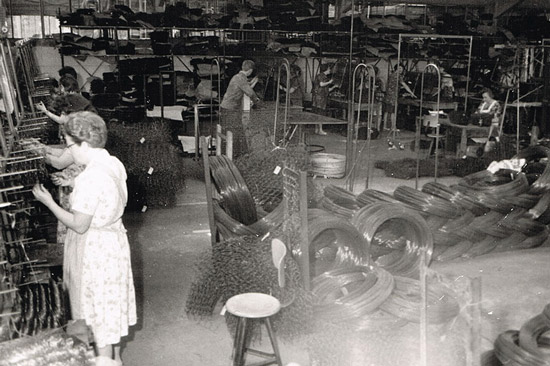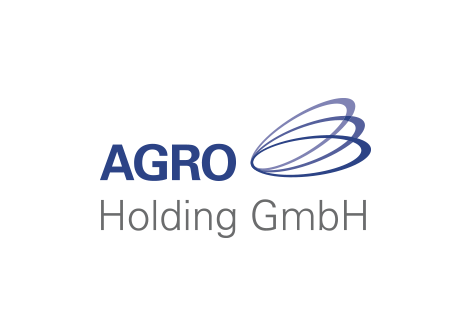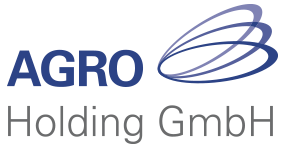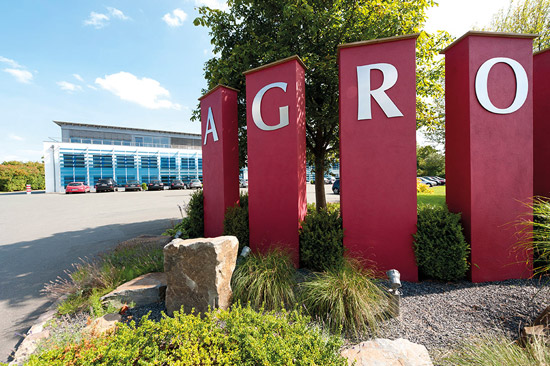
2017
In 2017 by founding A&S Innersprings USA, AGRO opened its first production site on American soil. This company is a joint venture between two family-owned company groups – AGRO and Subinas – combining their joint skills and experience as well as maintaining a personal touch. A&S Innersprings USA operates exclusively in the North American market.
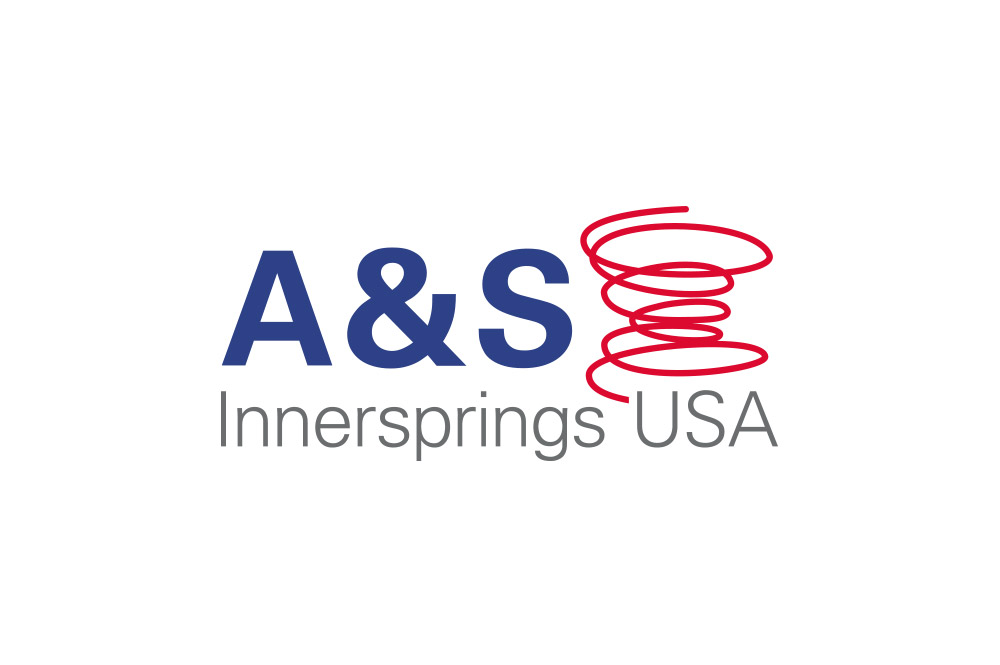
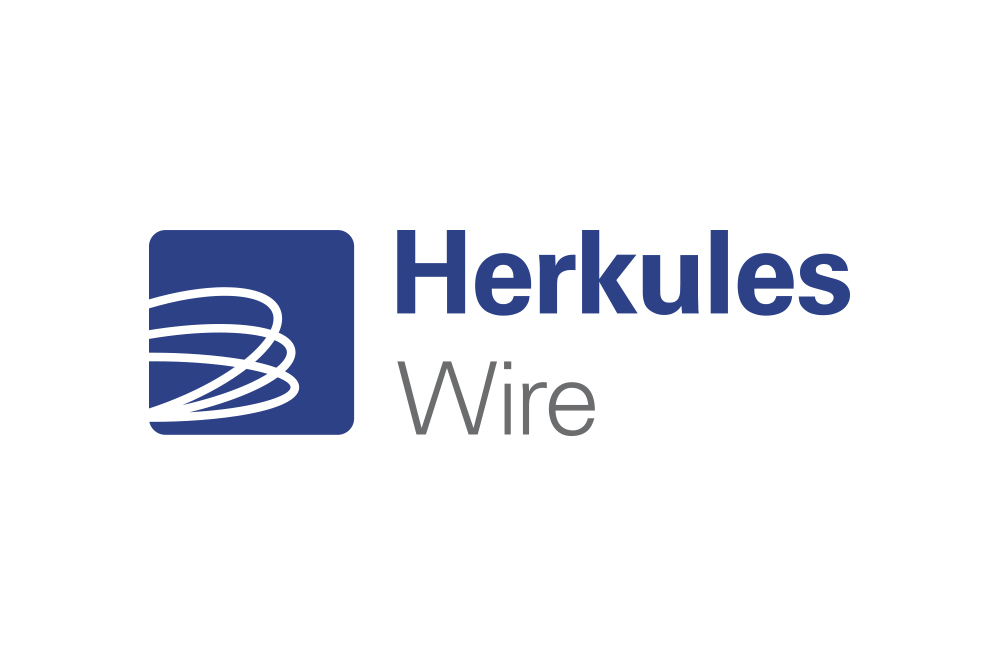
2016
In 2016 AGRO founded another state-of-the-art wire plant at its site in Szamotuly, Poland. Herkules Wire supplies the directly adjacent spring production plant of Herkules with best quality steel wire and increasingly also offers capacity for external customers.
2015
Mit dem Bau weiterer Produktions- und Lagerfläche am Standort Bad Essen setzt die AGRO International weitere Signale Richtung Zukunft. Damit beträgt die überbaute Fläche am Standort Bad Essen nun rund 56.000 qm.
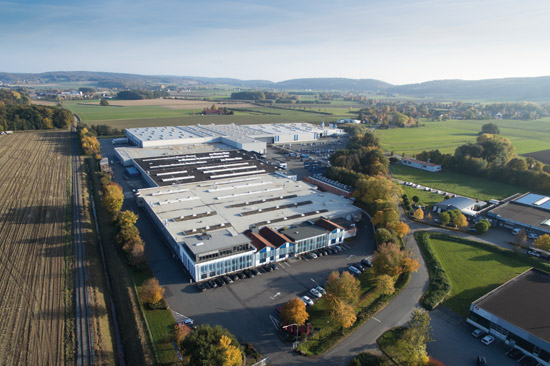
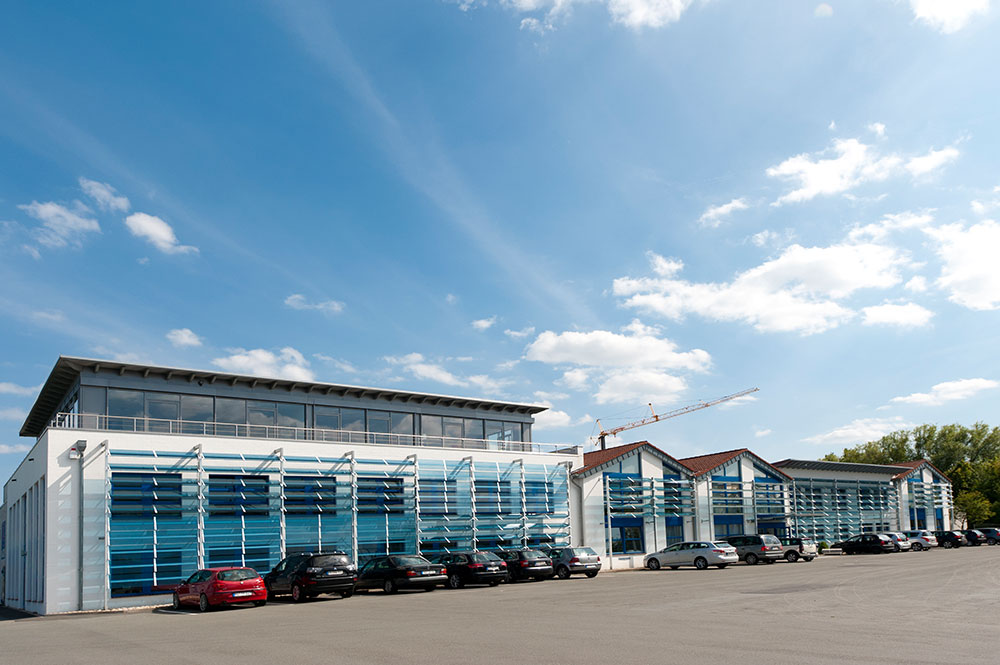
2014
Wolfgang Grothaus transfers the majority of his shares to his children Sabine and Christian Grothaus. Together with the extension of production facilities, including new warehousing and sorting plant, AGRO is well positioned for continued success. Furthermore, AGRO expands its apprenticeship programme to include qualifying system operators.
2009
AGRO Tooling Systems GmbH is founded. Being situated adjacent to the AGRO facility, this company is able to produce machinery replacement parts quickly and easily. In addition, ATS offers mechanical engineering services to external customers.
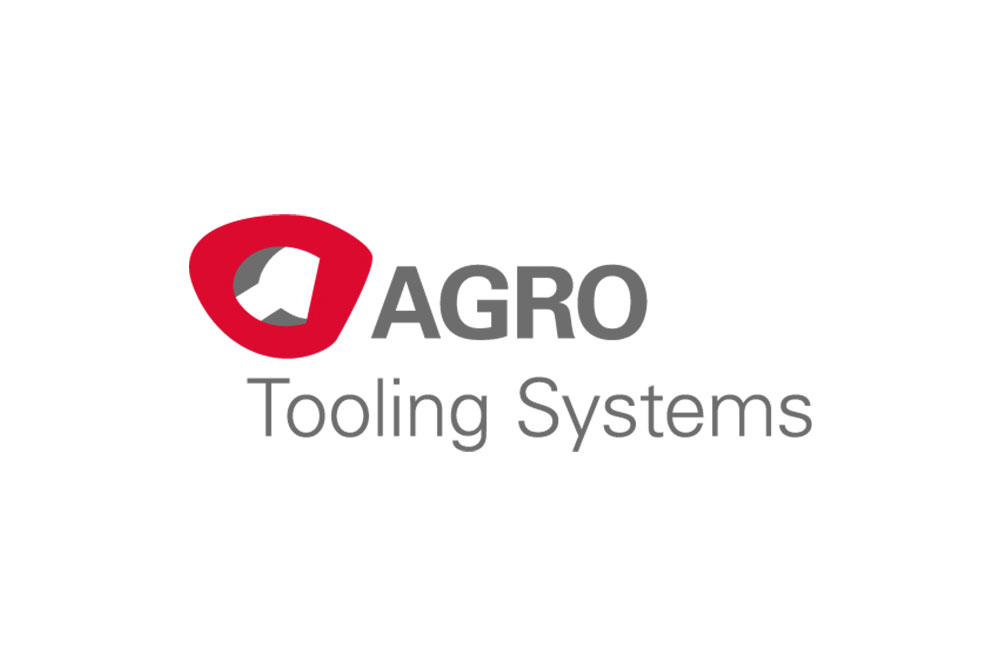
2006
AGRO’s growth leads to a restructuring. AGRO Holding GmbH emerges from AGRO Federkernproduktions GmbH and takes over all strategic tasks, whilst the operational business is taken over by AGRO International GmbH & Co. KG. At the same time AGRO Steel Wire and Herkules are taken under the corporate umbrella of the Holding company.
2004
With the founding of AGRO Steel Wire GmbH (ASW), a plant for wire manufacturing on the same site, AGRO is able to use self-manufactured wire to a large extent – which allows AGRO to enjoy the advantage of becoming largely self sufficient. AGRO’s export rate has reached 80% of its sales volume. Core markets are Eastern Europe, Scandinavia, the United Kingdom, Southern Europe and Benelux. Little by little, global trading is developing as well.
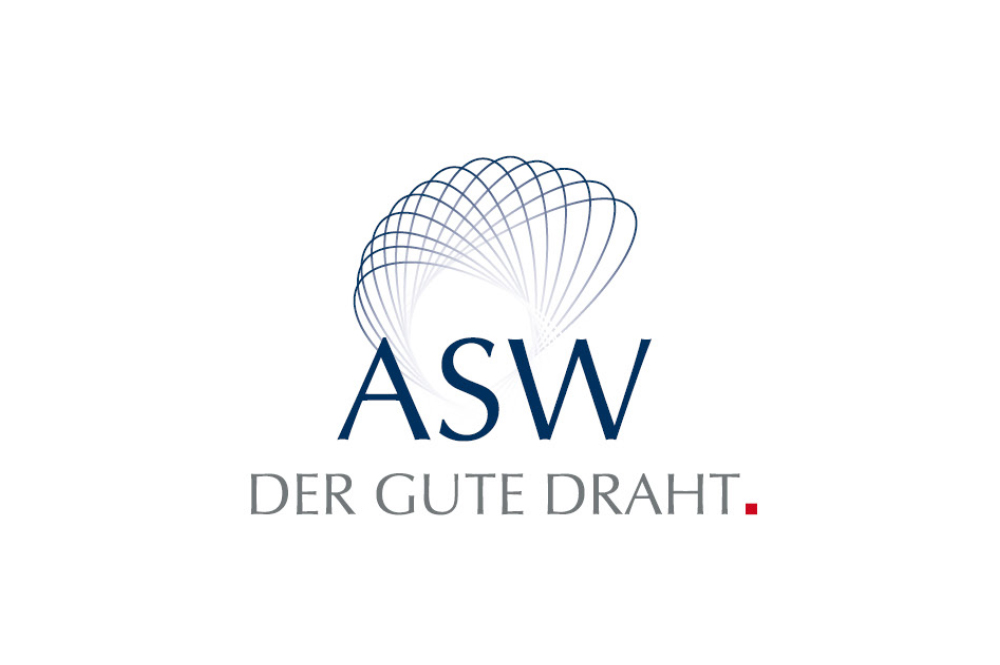
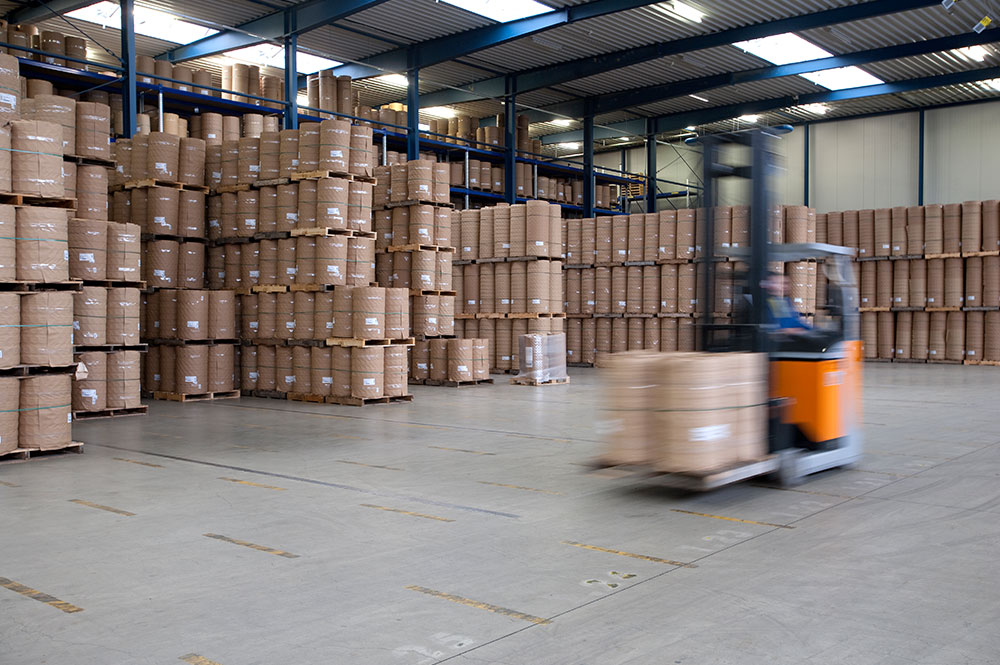
2001
Through the construction of a fifth production hall, the production site has now expanded to a total size of about 25,000 sqm, including more than 100 machines. The size of the new high-bay racking is about 6,000 sqm, offering space for around 10,000 pallets.
1998
AGRO acquires Herkules sp. z o.o. in Poland followed by further take-overs of smaller businesses in Germany, which are integrated into the AGRO company. At this time AGRO also becomes an apprenticing company – laying the foundation for the development of skilled employees. As a first step, AGRO is qualifying industrial mechanics (specialisation: maintenance), subsequently this offer is enlarged to include electronic technicians (specialisation: industrial engineering).
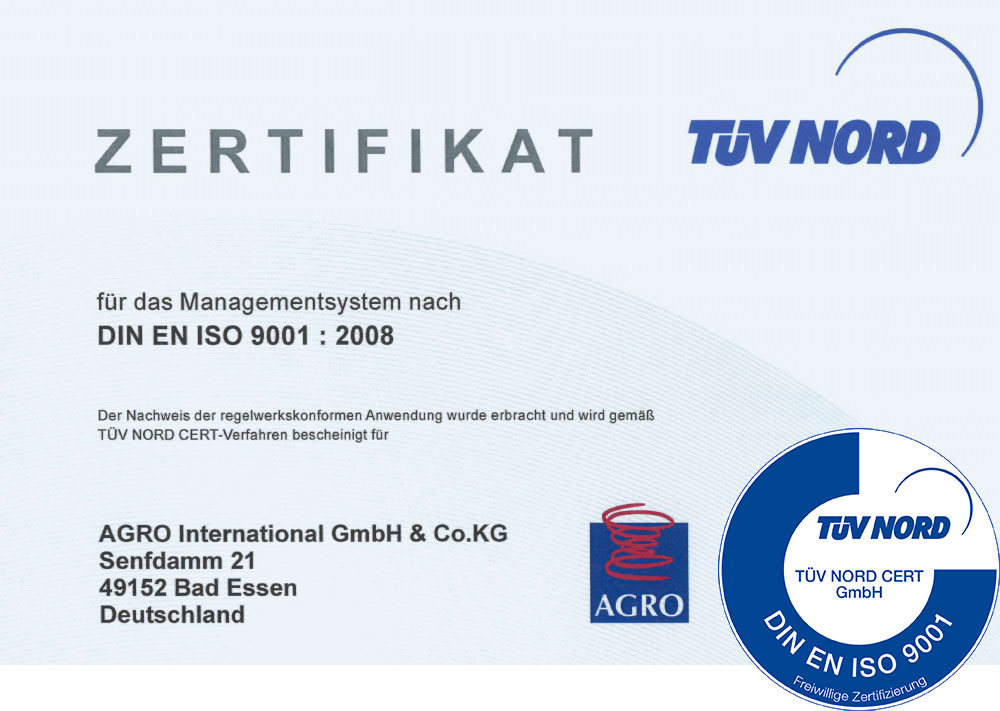
1995
AGRO gets into the production of LFK units. At the same time, AGRO attains certification to Quality Standard DIN EN ISO 9001 for the first time. Subsequently, further certifications for product quality and energy management are achieved. There is further expansion within Europe by entering the Scandinavian and the British markets.
1989
During the time of the fall of the Berlin Wall, the company is booming. Eastern Germany is developed as a new market, as does Belgium and the Netherlands to the west. In order to increase the capacity of production, the company’s site is moved to Bad Essen. One year later, A. Grothaus Federeinlagen e.K. becomes AGRO Federkernproduktions GmbH. And as AGRO’s growth continues, new production capacity is constructed regularly to meet increased business needs.
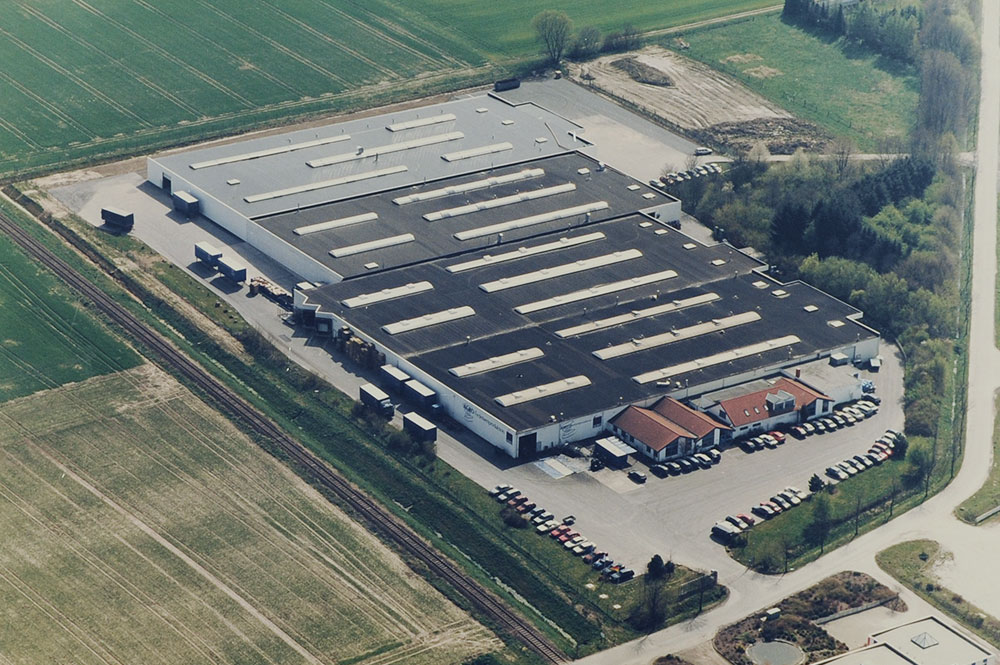
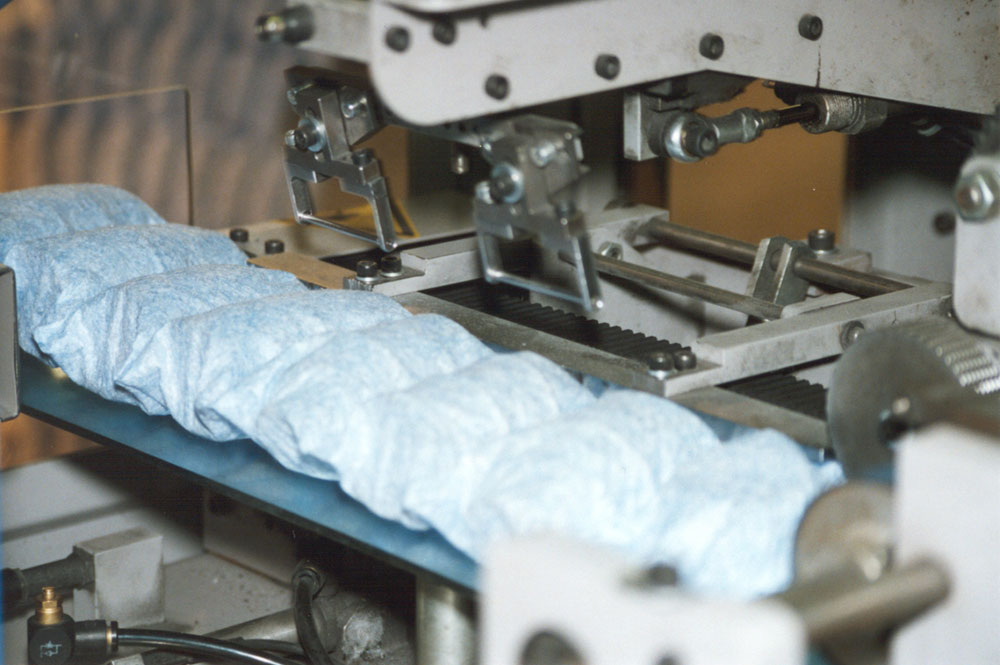
1983 – 1986
A. Grothaus Federeinlagen e.K. takes over several smaller businesses. Furthermore, the company gets into the production of pocket innersprings.
1979
Wolfgang Grothaus joins his father in the business. The company now employs 12 people and is working 6 machines.
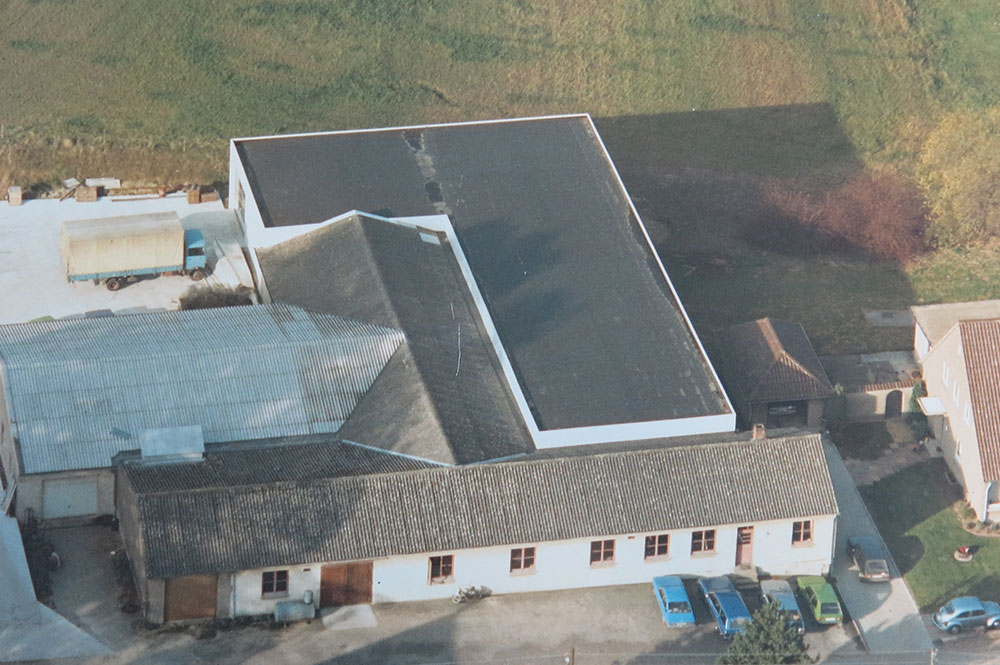
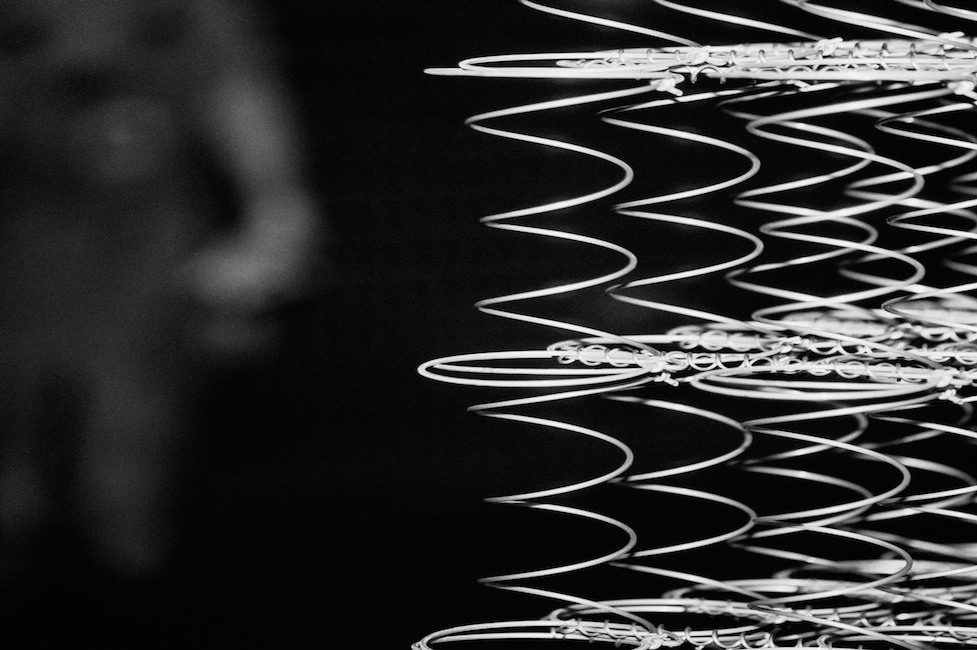
1963
The range of products continues to grow: the company starts to produce Bonnell innersprings.
1948
Friedrich Grothaus, founder of the business aged 32 years, starts production of cylindrical innersprings in Barkhausen near Osnabrück. The company was named A. Grothaus Federeinlagen e.K. – after his wife Anneliese.
